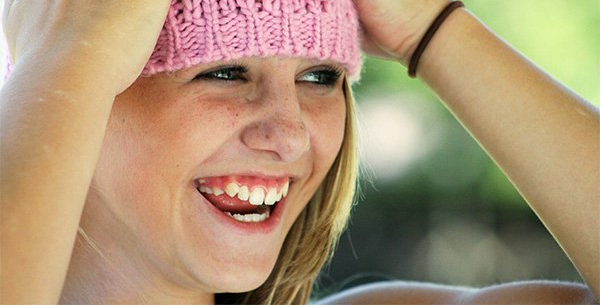PEERS Social Skills Course
Autism Skills Mini-Group Adventure - Ages 13-25 y.o.
Friendship skills taught step-by-step.
Video Review of PEERS Course Content:
Session 1 - How to start conversations
WHAT WE LEARN THIS WEEK:
What do we look for in a friend (how to tell a real friend from a false friend)?
We look at factors like:
- sharing common interests,
- kindness and caring,
- support,
- commitment and loyalty,
- honesty and trust,
- equality,
- ability to self-disclose feelings,
- conflict resolution.
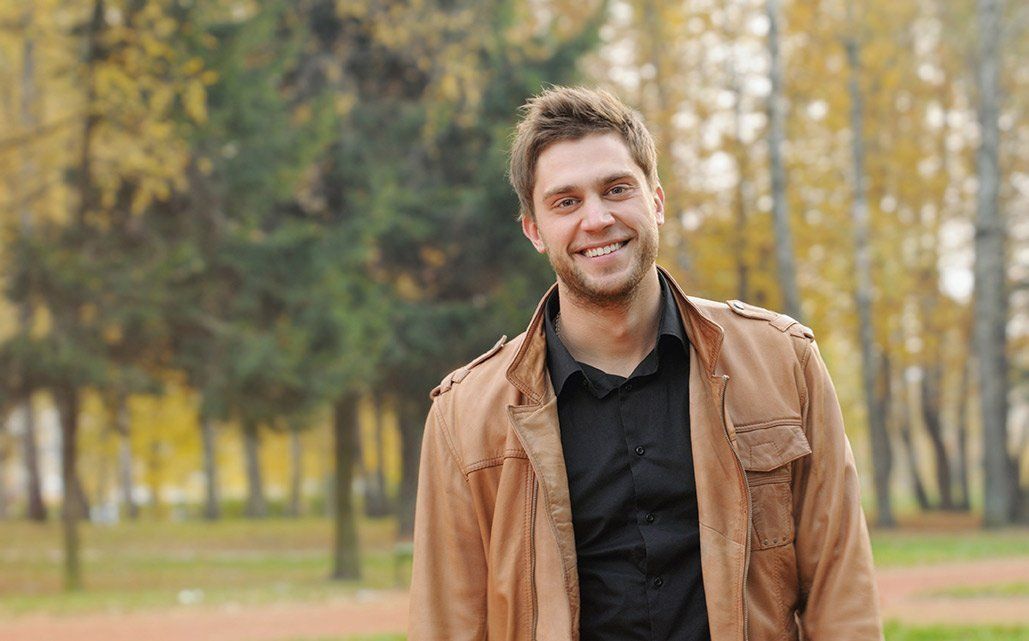
How to make conversations work (Steps for conversational skills)
We discussed these skills and we did some practise:
- Asking the other person questions
- Answering your own question (when the conversation dies because the other person doesn’t ask you any questions, you can answer the question that you last asked them and it keeps the conversation going)
- Talking about common interests (finding topics that you both enjoy talking about so that you are both keen to continue the conversation)
- How to ask follow-up questions (after someone has given you an answer, pick out something in what they said and ask them a follow-up question about it)
- Avoid being a “Conversation Hog” (Don’t dominate conversations by talking too long on your own favourite topics.)
- Avoid being an “Interviewer” (It’s good to ask the other person questions, and we also need to self-disclose our own thoughts and opinions otherwise we come across as unfriendly.)
- Go slow and steady with personal/distressing topics (don’t give too much information out of a personal nature, because it causes us to appear needy and people will withdraw from us)
How to initiate a conversation with someone new (the exact formula)
The formula for starting a conversation is:
- casually look over,
- look slightly interested at first,
- find a common interest,
- mention the common interest,
- ask questions about the common interest,
- assess their interest level (check the other person is keen to talk)
- introduce yourself.
Session 2 - ways to keep conversations on TRACK
Important skills we will cover this week include:
- Characteristics of Good Friendships
- Formulas for Trading Information
- Steps for Starting Conversations
Important NEW skills we will be learning in Week 2 are:
4. Maintaining Conversations - Building on what we covered in Week 1
- Don't brag
- Don't be the police
- Use good body boundaries
- Use good volume control
- Options for potential eye contact
- Don't be argumentative
- Listen to your friend
- Ask open-ended questions
- Don't be repetitive

Our PEERS respond well to:
- Praise e.g 'Nice job trading information and common interests'.
- Offering suggestions/constructive feedback e.g 'How about next time we also ask more follow-up questions'
- Focusing on strengths e.g 'I like how you showed your friend you were listening during that conversation. That was a great follow-up question.'
Session 3 - where to look for friends
TASK 1. Finding appropriate friendship sources:
There are a variety of ways we can go about looking to develop new friendships. There a 3 main ways to find good potential friends…
- Social Groups (Scouts/School choir/School Bookclub)
- Social Activities (soccer/swimming/dance) - Discuss the possibility of joining a social activity like etc.
Friendship criteria should be:
- Based on things of interest to your young person,
- Meets at least fortnightly
- Accepts peers of similar ages
- Includes unstructured time to interact with others
- Activity can be accessed within the next couple of weeks
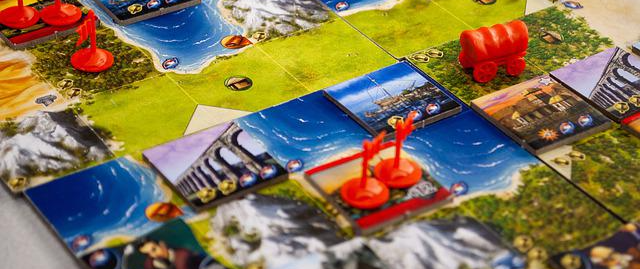
Common Interests - Here are some CLUES for our young people that help identify if there is a common interest:
- Appearance - e.g clothing, hair colour and style.
- Interests - e.g what do they like to talk about?
- What they do in their free time?
- Who they currently hang out with?
- Where they like to hang out?
- Social activities they already belong to.
Assessing Peer Acceptance or Rejection:
As your young adult begins to identify which social groups they might fit in with, it will be important to practice identifying how you can tell if they are accepted or not by people within these groups.
- How can you tell if you're ACCEPTED by someone?
- How can you tell if you're NOT ACCEPTED by someone?
Remember, we don't get to be friends with everybody, just like not everybody gets to be friends with us.
Session 4 - texts, phones & electronic communication
This includes things like making calls, texting, emailing, social media networking, video chats and instant messaging.
Electronic Communication is a vital way for young people to communicate with each other.
So we want to work with you to ensure their experiences are positive ones.
Social Coaching:
1. Steps for exchanging contact information
2. Steps for starting and ending phone calls
3. Cover story or 'reasons for the call' examples
4. Steps for leaving a voicemail
5. General rules for using Electronic Communication
6. Safety plans for attending Meet-Up groups found online
7. Suggestions for staying safe online
Session 5 - appropriate use of humour
1. Rules for Humour - which covers things such as
- Rules of Humour (what works & doesn’t)
- Give a courtesy laugh
- Are people laughing at you or with you
- Paying attention to humour feedback.
2. Getting the ‘Funny Level’ just right
- Joke Tellers - we avoid being someone who is constantly telling jokes and can’t be serious.
- Joke Lovers - we aim to be people who tell jokes sometimes and enjoy others jokes.
- Joke Haters - we avoid being someone who hates jokes or who stops others enjoying jokes.

Session 6 - entering group conversations
In Weeks 1-5, we've learned:
- Starting conversations and trading information,
- Maintaining conversation and trading information.
- Finding a Source of Friends
- Appropriate use of Electronic Communication
- Appropriate Use of Humour - last week was a great opportunity to share some laughs together.
Do what works in real social situations:
Throughout this session, we will look at how common advice such as 'be yourself'',and 'just go and talk to them' is totally NOT effective.
As always there will be opportunities to practise these skills in our online small groups and we have attached the task sheet for parents.

Session 7 - leaving conversations
Good things are happening - Last week we focused on strategies to 'Enter Group Conversations', so this week we are going to focus on 'Exiting Group Conversations'. That also means choosing and planning strategies for handling group rejection (which everyone faces)
Sometimes even when we follow all the steps for entering group conversations we might discover that the group does not want to talk to us, or are not the right fit for us. This happens to all of us and that's why it is important that we practice building our confidence:
- Exiting conversations when NOT ACCEPTED
- Exiting conversations when INITIALLY ACCEPTED AND THEN EXCLUDED
- Exiting conversations when FULLY ACCEPTED
As always there will be opportunities to practise these skills in our online small groups and we have attached the task sheet so you know exactly how we’re helping your child.

Session 8 - how to do social get-togethers
We are really looking forward to this week's topic: Get-Togethers With Friends.
The 5 W's will help our PEERS to be more confident in planning successful Get-Togethers.
The 5 W's for planning Get-Togethers are:
1. WHO is going to be there
2. WHAT you're going to do
3. WHERE you're going to get together
4. WHEN you're going to get together
5. HOW the get together is going to happen
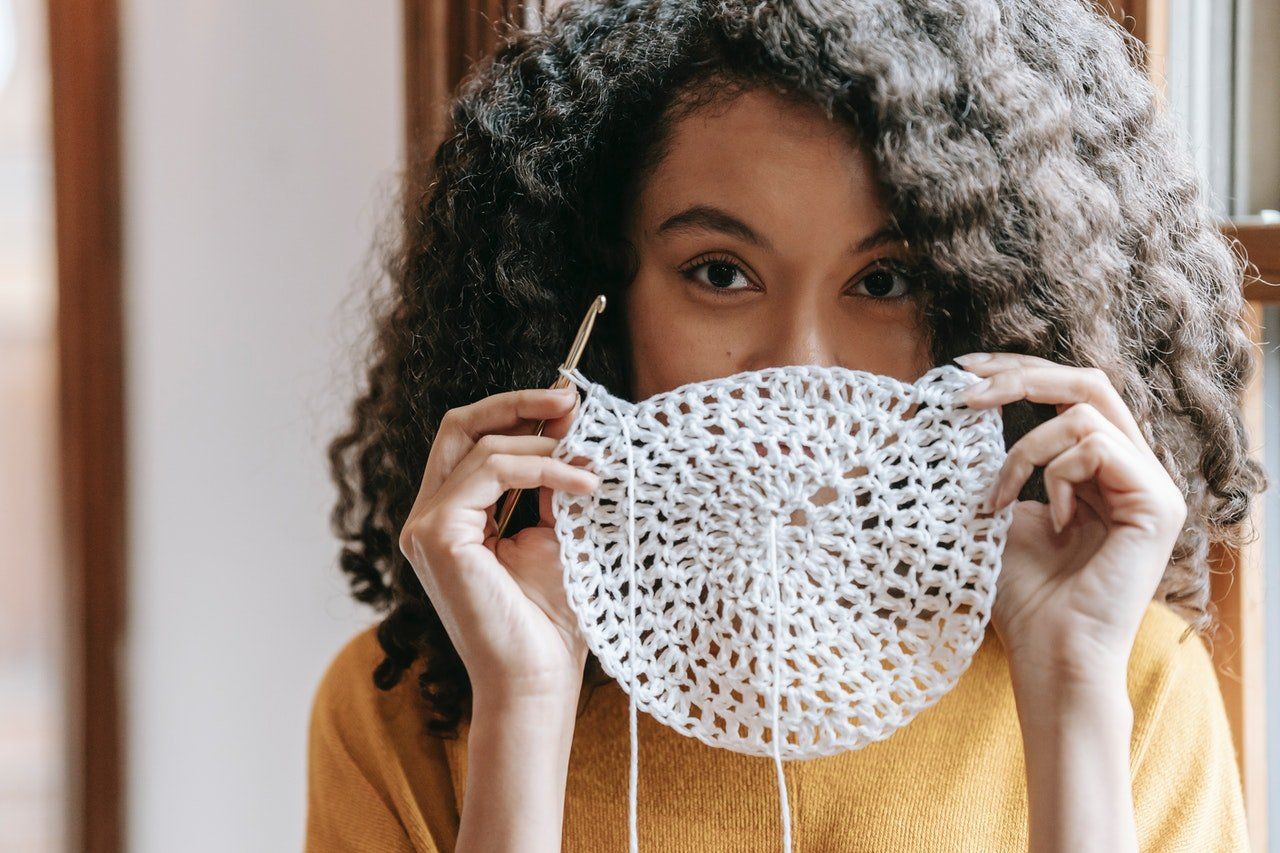
During our PEERS session we will also discuss:
- Preparing for Get-Togethers
- Steps for Beginning and Ending Get-Togethers
- Rules during Get-Togethers
Please note, that it does not have to be complicated. Some suggestions might include:
- Planning a video gaming session
- Going to the movie theatre/or a movie day in
- Going shopping
- Visiting a local attraction
Session 9 - electives
Good Sportsmanship and Teamwork
If you are joining us for the topic Good Sportsmanship & Teamwork that will be so much fun.
This week we will be looking at:
- Why is it important to be a Good Sport when participating in games and sports events?
- What are ways someone might be a Bad Sport?
- What are ways someone might be a Good Sport?
- Rules of Good Sportsmanship
- We have some fun, interactive group games to practice good sportsmanship

Session 10 - ELECTIVES
ELECTIVE 1: Good Teamwork & Sportsmanship
This week we are going to have an online Group Games Night to practise the PEERS skills we have learnt so far including Good Sportsmanship & Teamwork.
The Social Coach Skills we will be working with our PEERS on are the same as last week. No new forms are attached for this week. Please continue practising skills we covered last week.
If you are joining us for
Pre-Dating Etiquette the content this week includes:
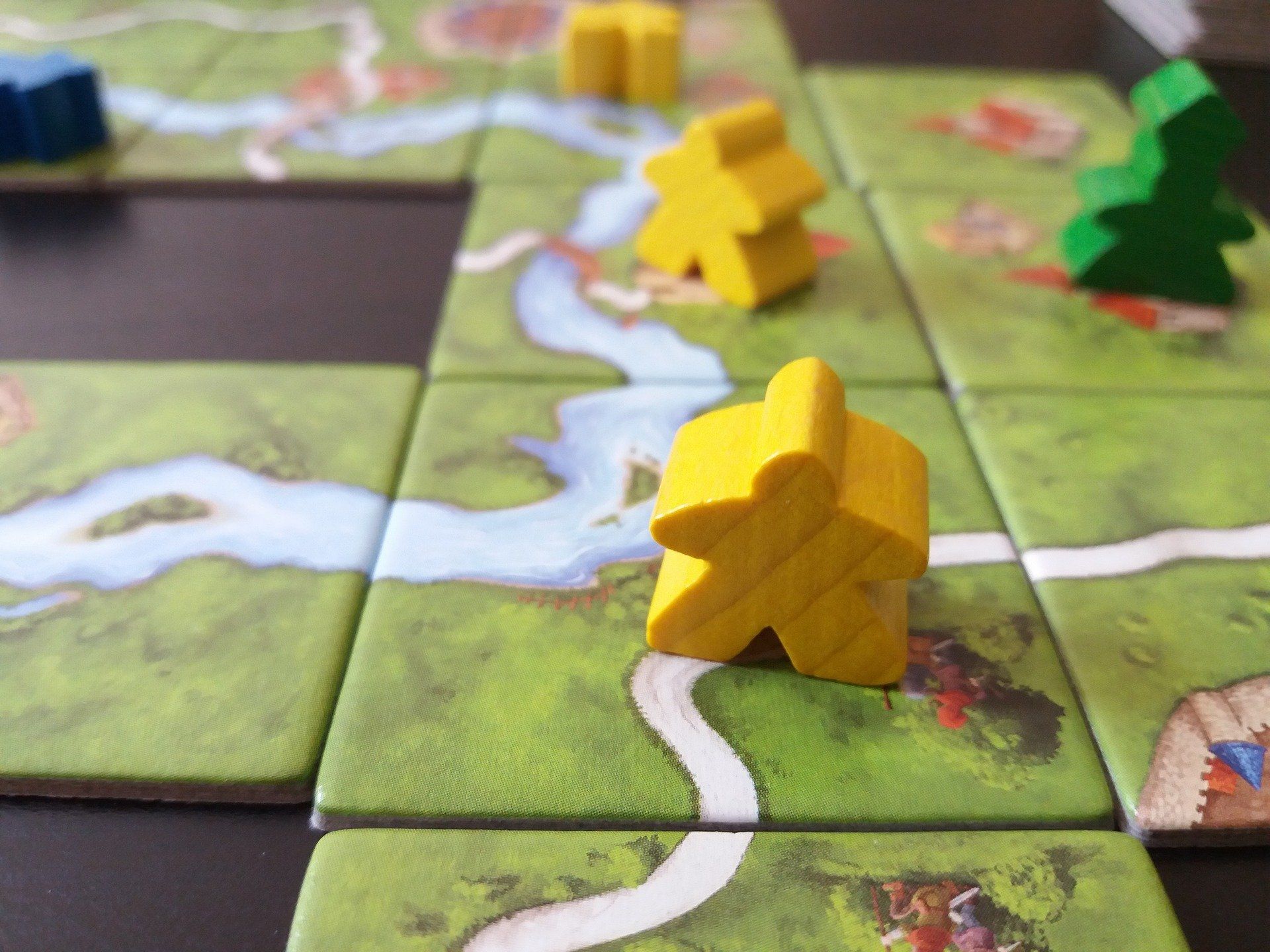
Session 11 - Handling disagreements
This week our session structure returns to normal and the topic is 'Handling Disagreements'.
It is fairly common to have an occasional argument or disagreement with family, friends or others, but as a rule, they shouldn't have to mean the end of a relationship.
There are usually two positions we find ourselves in when a disagreement arises and this week we will explore these and the steps we should take to address the issue.

1. Steps for Responding To Disagreements:
- Keep you cool
- Listen to other people
- Repeat what they said
- Explain your side using 'I' statements
- Say you're sorry
- Try to solve the problem
2. Steps for Bringing Up Disagreements:
- Wait for the right time and place
- Keep your cool
- Ask to speak privately
- Explain your side using 'I' statements
- Listen to the other person
- Repeat what they said
- Tell them what they need them to do
- Try to solve the problem
- Remember friendship is a choice
Session 12 - Handling direct bullying
The focus this week is to provide our young people with strategies for 'Handling Direct Bullying'.
DIRECT forms of bullying include teasing and physical bullying. Attached to this email is the Social Coach Handout that outlines the STEPS for 'Handling Teasing and ' Handling Physical Bullying' in more detail.
We will cover INDIRECT bullying such as cyberbullying, rumours and gossip in a later session.
Bullying can be common in adolescence, but unfortunately, it also happens with adults. It is important to note that we are not going to encourage participants to talk about specific experiences where they may have been bullied. Instead we are going to focus on what we can do in these situations to make it less likely that we are bullied again, and strategies to address the situation if it does occur again.

Session 13 - Handling indirect bullying
WHAT WE LEARN THIS WEEK:
This week we will look at INDIRECT forms of bullying including 'Handling Cyberbullying and Minimising Rumours and Gossip'. INDIRECT forms of bullying such as cyberbullying, rumours and gossip happen behind our back but we can handle it.
Strategies needed to address INDIRECT forms of bullying are very different to those we might use for DIRECT forms of bullying. Attached to this email is the Social Coach Handout that outlines the STEPS we will be practising in more detail.
Instead, we are going to focus on what we can do in these situations to make it less likely that we are bullied again, and strategies to address the situation if it does occur again.
We encourage you to continue to practice with your child the steps for 'handling disagreements' and 'Handling Direct Bullying' that we covered last week as well.

Session 14 - REAL WORLD CONFIDENCE
The Confidence Building Session
This week we will do some more development of the skills we have learnt together and take the opportunity to celebrate not just our achievements but the relationships we have formed with other PEERS over the duration of the course.
Celebration
This session is all about building self-confidence through celebration and fun, so there will be lots of room for conversation and activities together.

